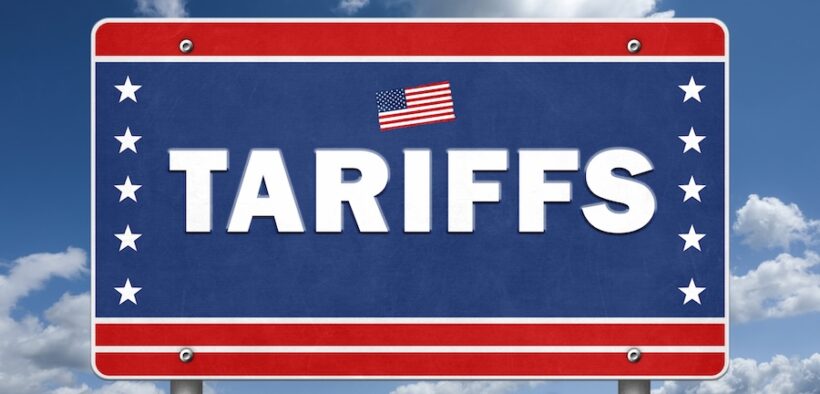PRiMEX consultant advises Puerto Rico businesses on US tariffs

José Ríos shares cost-saving and supplier diversification strategies.
During a virtual workshop, Puerto Rico Manufacturing Extension (PRiMEX) consultant José Ríos shared strategies to help businesses reduce the impact of new U.S. tariffs.
PRiMEX is a government-affiliated organization that operates under the Puerto Rico Industrial Development Co. and collaborates with the National Institute of Standards and Technology’s Manufacturing Extension Partnership to support local manufacturers with business development.
Ríos provided several recommendations to help companies reduce costs amid rising tariffs. These include conducting financial analyses to assess the true impact on supply costs, optimizing sourcing strategies by diversifying suppliers and negotiating better terms, and utilizing duty-free zones to defer tariff payments and take advantage of processing benefits. He also emphasized adjusting commercial strategies to maintain product competitiveness.
Businesses should negotiate prices and seek new suppliers in countries with U.S. trade agreements, Ríos said.
“You need to sit down and look at your fleet costs by [nautical] miles, not the cost of the total feet,” he said, stressing that logistics should be structured to improve cost efficiency.
“The strategy you develop will depend on where your product is coming from,” Ríos explained. Identify more efficient logistics, “find suppliers from other countries that already have trade agreements with the U.S. and third, establish duty-free zones.”
He added that revising pricing structures to ensure competitiveness is another key step for businesses facing increased tariffs.
Ríos also recommended assembling a dedicated team, analyzing market conditions, developing a clear strategy, holding annual volume consolidation negotiations and tracking results to measure yearly improvements.
“Right now, you have to move fast to find another supplier. Sometimes this is critical because if the supplier is in India, if the volume is significant, you have to visit the country supplying the product,” he said. “After carrying out these strategies, you have to negotiate, establish contracts and then the execution of the strategy will kick off.”
The Trump administration has imposed tariff measures, including a 25% tariff on imports from Canada and Mexico and a 10% tariff on products from China.




